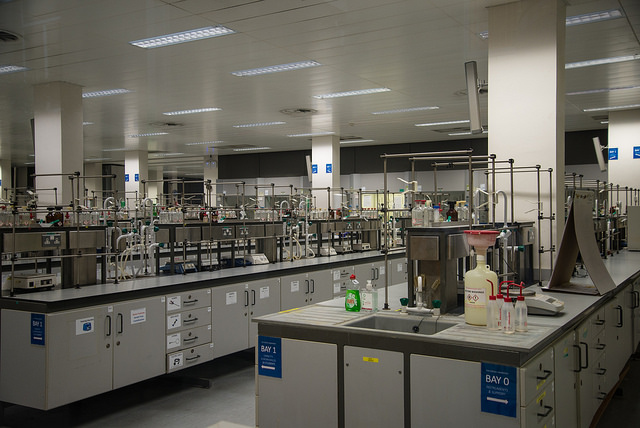Researchers from Trinity have discovered how cancer cells become resistant to chemotherapy and have developed a way to identify patients who will fail to respond to drugs before treatment is given.
The research, published in the journal Oncoimmunology and led by Prof Lorraine O’Driscoll in the School of Pharmacy & Pharmaceutical Sciences, examined a type of breast cancer with a poor prognosis for patients. This cancer, characterised by the over-abundance of a protein called HER2, can be treated by modern therapies with a drug called herceptin. The tumours, however, can become resistant to these drugs, rendering therapy ineffective. Until now, researchers didn’t know how this cancer becomes resistant to drugs, making it difficult to treat. Prof O’Driscoll’s research will help to solve this problem, identifying how cancer cells become resistant to therapy.
The researchers found that the drug-resistant cancer cells send messages to nearby cells, “teaching” them how to resist treatment. Messages are packaged into microscopic particles called “extracellular vesicles” and delivered to neighbouring cells. These “messages” contain immunosuppressive chemicals, which inhibit the body’s immune defences from destroying cancer cells. After a cell receives this resistance message, it begins releasing the same immunosuppressive chemicals, multiplying the problem.
After identifying these messages in cultured cells, the researchers tested blood samples from breast cancer patients before they underwent treatment. Patients that went on to develop resistance were found to have higher levels of the immunosuppressive messages than those who responded well to drug therapy. These findings may enable doctors to determine how a patient will respond to drugs before they even begin treatment. High levels of extracellular vesicles in the blood could serve as a “biomarker” for drug-resistance.
In a statement, O’Driscoll explained how this research could help patients: “This study sets the proof-of-principle basis for the development of a predictive tool for doctors, which would be able to tell from a blood sample whether the patient would respond to targeted treatment before it is given. This would help ensure that only those patients that would benefit from this type of treatment would be given it, while non-responders would not receive unnecessary treatment, and associated side-effects and would instead be given a different, likely more effective treatment to begin with.”
She also noted that boosting the immune system could benefit patients whose cancers are resistant to drugs: “The study also suggests that patients that do not respond to this treatment would very likely benefit from therapies that enhance the immune response against the tumour, as lack of response to treatment appears to be related to immune system suppression.”







